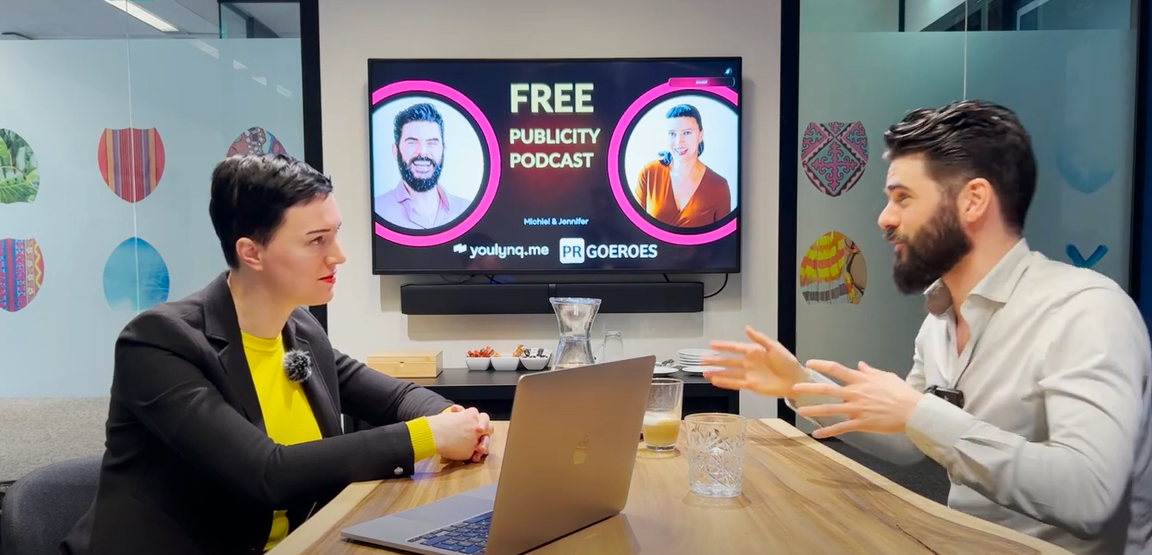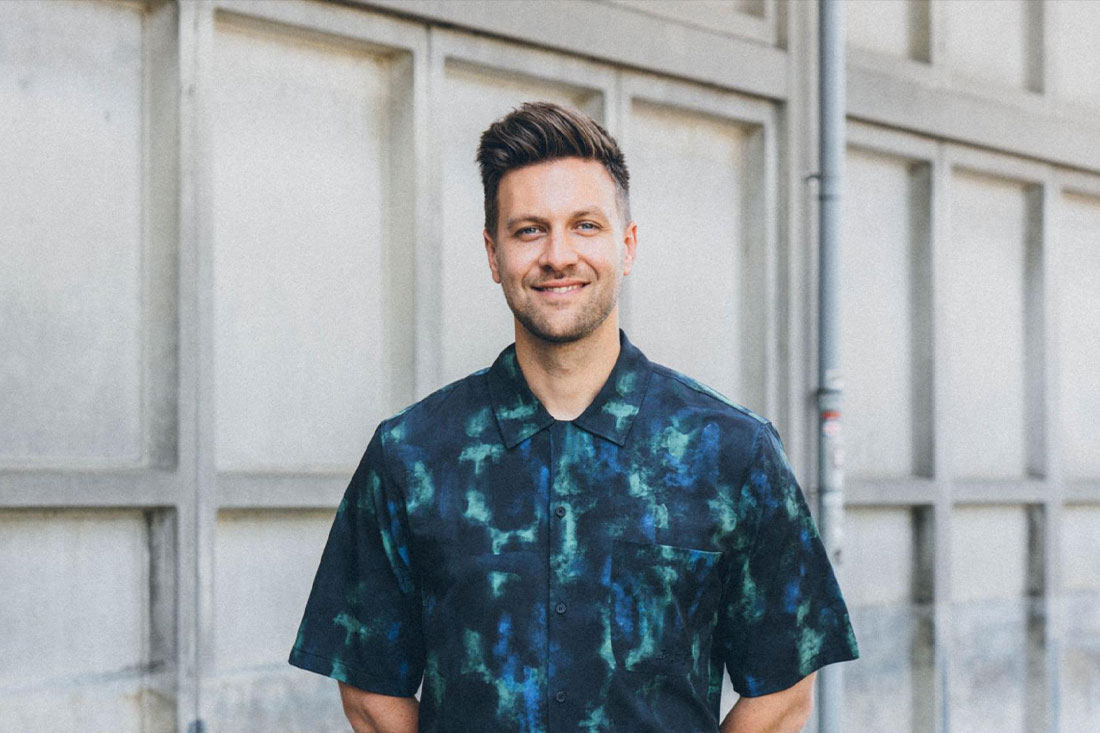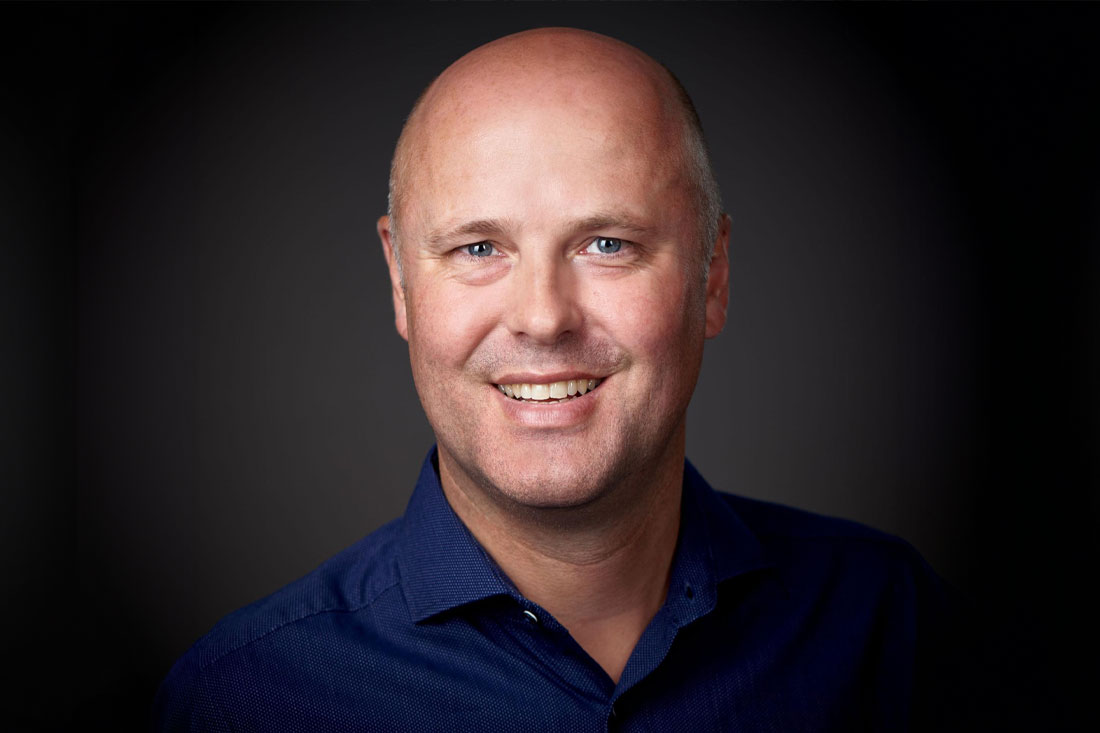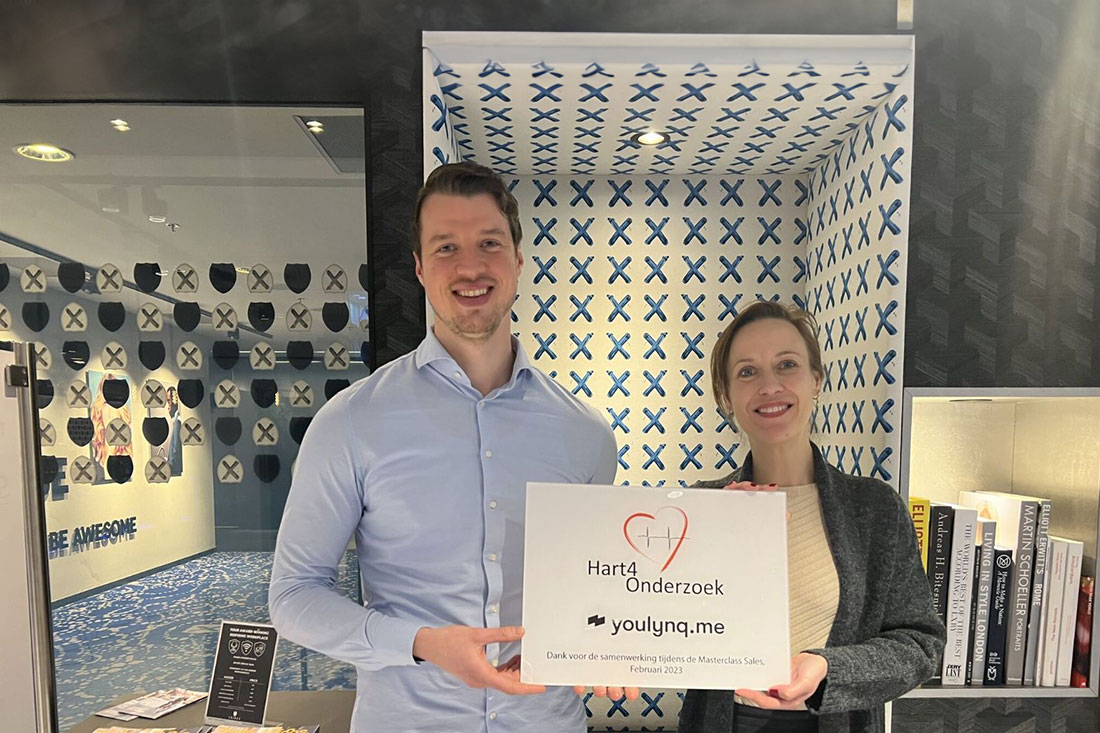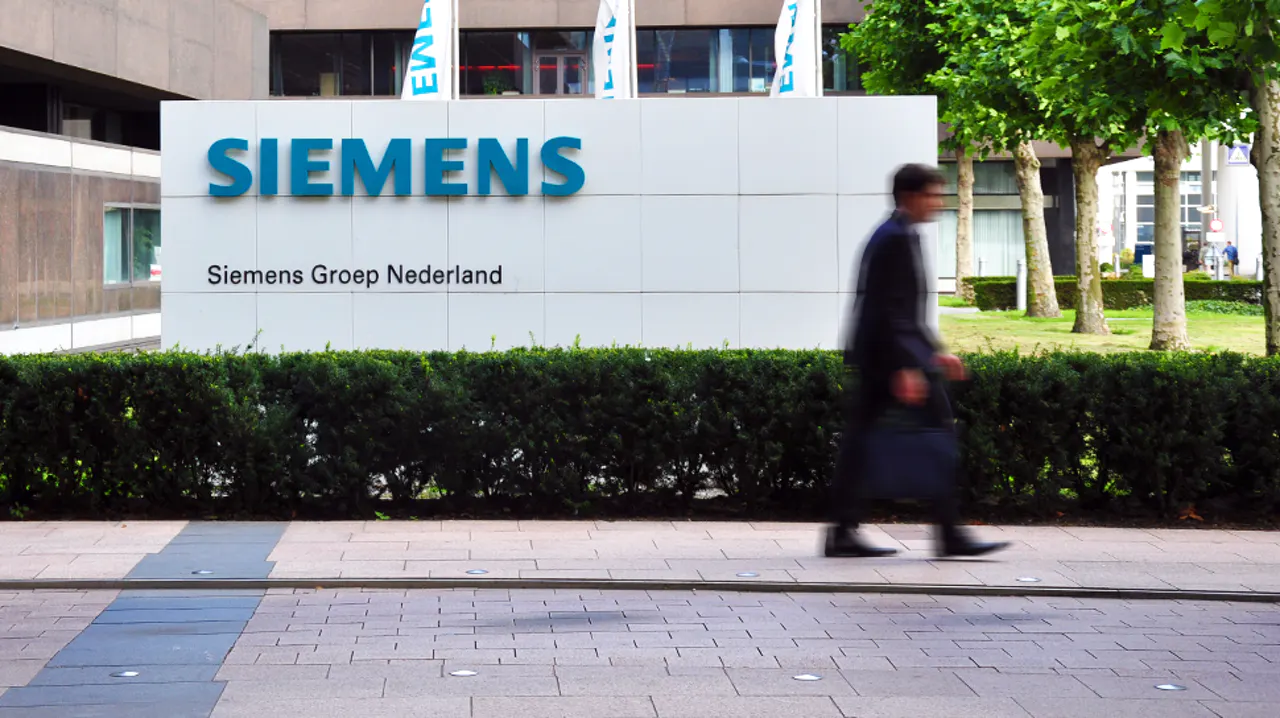Staying current is of utmost importance. Holding defensive attitudes towards other groups, classes, or categories belongs to a bygone era and has no place in today’s world.
Nowadays, we are becoming increasingly open to the unknown, and this is very positive. In the 1960s, we already understood the importance of making love instead of war. Are we still heading in the right direction?
In the beginning, LinkedIn started with the principle that you should only connect with the people that you know. It’s time we let go of this antiquated notion. Here’s why:
➤ You: “Hi, Manager at BIG COMPANY, I am highly motivated to work for your company. Could you refer me to someone you know?”
➤ The Manager on LinkedIn, whom you don’t know: “I’m sorry, I don’t know you, so I can’t assist you.”
What happens to the manager with a closed-door policy when they themselves are seeking employment?
Prepare to be astonished!
We have observed that individuals in higher positions are 10-15% more likely to be accepted when they send connection requests to new people.
Even more shocking is our finding that individuals with unfamiliar names are 10-15% less likely to be accepted when they invite new connections.
Hence, the principle should be: “I connect with people I know and those who hold interesting positions or have familiar last names.”
Furthermore, people tend to exhibit more aggression in their online comments and messages compared to their behavior in real life, much like in traffic. It appears that when there is a perceived distance, people’s attitudes shift towards aggression or defensiveness. Why is that?
Moreover, individuals often fail to realize that on LinkedIn, they represent not only themselves but also the companies they work for.
So, what can we do about it? How should we behave in real life?
➤ You: “Hey man, do you know the way to the supermarket?”
➤ The Other: “Sorry dude, I don’t know you.”
➤ You: “Hey man, enjoy your holidays in India, especially the food!”
➤ The Other: “Sorry dude, I don’t know Indian food, so I won’t eat it.”
➤ You: “Hey man, it’s great that you’re going to Australia. The backpacking scene there is amazing!”
➤ The Other: “Sorry dude, I don’t know these people, so I won’t engage with them.”
Last but not least: How can you network if you refuse to interact with unfamiliar individuals?
I’m not suggesting that you are obligated to accept and be friends with every person you encounter online. I’m simply urging you to reconsider your principles. Perhaps a new connection simply wants to seek your assistance. Be open to that, just as you would be on the street. Giving often leads to receiving. It all begins with your attitude:
Make Love, not war ✌️

